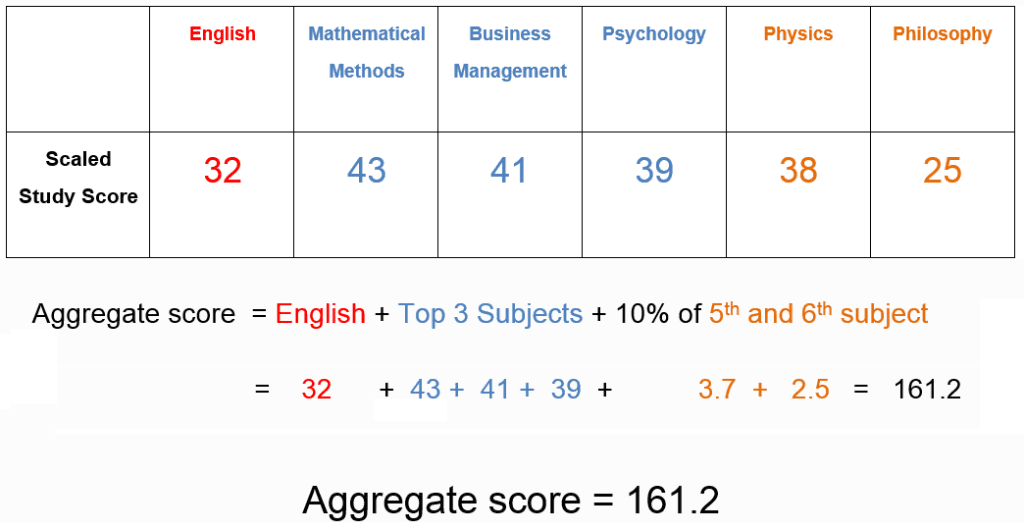Education is a fundamental human right and a critical tool for economic development and social progress. However, in Nigeria, access to quality education remains a significant challenge, with millions of children and youth out of school, and many who are in school not receiving quality education.
The challenges facing education in Nigeria are numerous, including inadequate funding, poor infrastructure, teacher shortage, insecurity, and a lack of political will. In this article, we will examine the state of education in Nigeria, the challenges facing the sector, the opportunities for improvement, and the way forward.
Table of Contents
The Current State of Education in Nigeria
Nigeria has one of the highest numbers of out-of-school children in the world, with over 10 million children out of school, according to UNICEF. The majority of these children are from poor and marginalized families in rural areas, and many are girls. The reasons for this high number of out-of-school children are varied, but some common factors include poverty, cultural barriers, insecurity, and poor infrastructure.
For those who are in school, the quality of education is also a significant challenge. Many schools lack basic amenities such as classrooms, desks, and textbooks. Teachers are also in short supply, with many schools having only one or two teachers for several classes. This often results in large class sizes and poor teacher-student ratios, leading to low learning outcomes.
Challenges Facing Education in Nigeria
Inadequate Funding
One of the critical challenges facing education in Nigeria is inadequate funding. The education sector in Nigeria is grossly underfunded, with only 7% of the national budget allocated to education in 2021. This is far below the UNESCO recommendation of 26% of the national budget. This lack of funding has resulted in poor infrastructure, inadequate staffing, and low-quality education.
Poor Infrastructure
The poor state of infrastructure in many schools in Nigeria is another significant challenge facing the education sector. Many schools lack basic amenities such as classrooms, desks, and toilets. This makes it difficult for students to focus on their studies, leading to poor learning outcomes. The lack of electricity in many schools also makes it challenging for students to study at night or for teachers to prepare lessons.
Teacher Shortage
The shortage of qualified teachers is another significant challenge facing the education sector in Nigeria. According to UNESCO, Nigeria has a shortage of over 200,000 teachers, with many schools having only one or two teachers for several classes. This often results in large class sizes and poor teacher-student ratios, leading to low learning outcomes.
Insecurity
Insecurity is another significant challenge facing the education sector in Nigeria. Many parts of the country are affected by violence and conflict, making it difficult for children to access education. Schools are often targeted by terrorists and bandits, leading to the closure of many schools in the affected areas.
Lack of Political Will
The lack of political will is another significant challenge facing the education sector in Nigeria. Despite the importance of education for economic and social development, many political leaders in Nigeria do not prioritize education. As a result, the education sector in Nigeria is grossly underfunded, and little progress has been made in improving access to quality education.
Opportunities for Improvement
Despite the challenges facing education in Nigeria, there are opportunities for improvement. Some of the opportunities include:
Increased Funding
Increased funding for education is critical to improving access to quality education in Nigeria. The Nigerian government needs to allocate more funds to education to improve infrastructure, hire more teachers, and provide textbooks and other learning resources.
Improved Teacher Training
Improving teacher training is another opportunity for improving education in Nigeria. Teachers should receive regular training to help them improve their teaching skills and keep up with new teaching methods and technologies.
Use of Technology
The use of technology in education is another opportunity for improving education in Nigeria. With the increasing availability of internet connectivity and mobile devices, there is an opportunity to leverage technology to provide remote learning and improve access to education for children in rural areas.
Innovative Partnerships
Innovative partnerships between the government, private sector, and civil society can also provide opportunities for improving education in Nigeria. These partnerships can help to leverage resources, expertise, and knowledge to improve access to quality education.
Conclusion
Education is critical for economic and social development, and Nigeria cannot afford to neglect its education sector. The challenges facing education in Nigeria are numerous, but the opportunities for improvement are also vast. The government, private sector, civil society, and international partners need to work together to improve access to quality education in Nigeria. By investing in education, Nigeria can unlock its vast potential and build a brighter future for its citizens.
FAQs
- What is the current state of education in Nigeria?
The current state of education in Nigeria is characterized by a high number of out-of-school children, poor infrastructure, teacher shortage, insecurity, and a lack of political will.
- Why is education funding inadequate in Nigeria?
Education funding is inadequate in Nigeria due to a lack of political will and the government's failure to prioritize education. Only 7% of the national budget is allocated to education, far below the UNESCO recommendation of 26%.
- What are the opportunities for improving education in Nigeria?
The opportunities for improving education in Nigeria include increased funding, improved teacher training, the use of technology, and innovative partnerships between the government, private sector, and civil society.
- How can technology improve education in Nigeria?
The use of technology in education can improve access to education in Nigeria, particularly for children in rural areas. Technology can provide remote learning, e-learning resources, and digital textbooks.
- What can the Nigerian government do to improve education in the country?
The Nigerian government can improve education in the country by increasing funding for education, improving teacher training, leveraging technology, and encouraging innovative partnerships between the government, private sector, and civil society.




